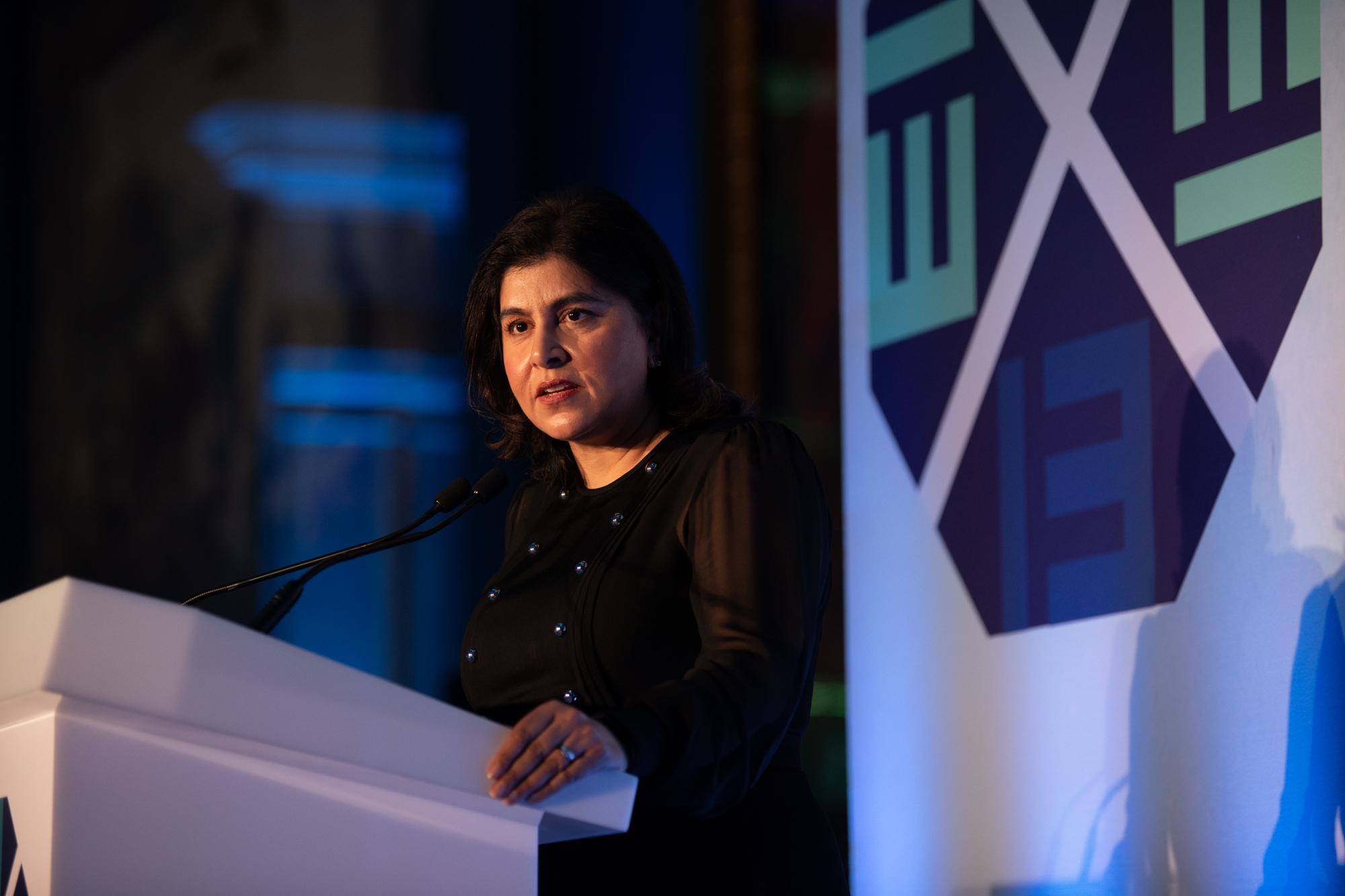Famous personalities including politicians, civic leaders, and faith leaders gathered in London to urge the government to make the United Nations International Day to Combat Islamophobia a part of UK legislation.
The Aziz Foundation, which helps Muslims in the UK enter higher education and find better jobs, organised the event at London’s Victoria and Albert Museum to kickstart its ‘End Islamophobia’ campaign.
The event was hosted by actor and presenter Adil Ray, and featured several speakers such as Baroness Sayeeda Warsi, MP Naz Shah, social media influencer Chunkz, and former UN Rapporteur on freedom of religion or belief Ahmed Shaheed.
Up to 300 guests attended the event, including influencers, youth leaders, councillors, artists and journalists.
The speakers emphasised that Islamophobia is a major problem in the UK and called upon the government, public officials, business leaders, and individuals to acknowledge it and strive to eliminate it.
“This issue requires a focused addressing,” said Professor Ahmed Shaheed. “You can’t address an issue until you name it; you have to name it and name it correctly.”
Baroness Warsi described Islamophobia as a “poison” and a “form of racism.
“It targets expressions of Muslimness or perceived Muslimness. It is a poison, it a scourge. It is found on our streets… but it is also found in the most respectable of settings. It is found in editorial newsrooms, it is found in think tanks, it is found in the corridors of power.”
“[Islamophobia] is a global problem, and it requires a global response,” she continued, and urged the gathering to “call it out” wherever they found it.
End Islamophobia campaign
Between 2021 and 2022, religious hate crimes in the UK increased by 37% to 8,730 offences. Over two in five (42%) of these were targeted against Muslims.
The End Islamophobia campaign calls for March 15th, UN International Day to Combat Islamophobia, to be enshrined into UK law.
The UN day was introduced in 2022 due to a UN resolution tabled by Pakistan on behalf of the Organisation of Islamic Cooperation (OIC). The UK was one of 140 nations to sign the UN resolution to observe the day.
The date was chosen to commemorate the 2019 Christchurch mosque shootings, in which 51 people were killed and 40 others injured in an Islamophobic attack.
In 2021, marking the first International Day to Combat Islamophobia, UN Secretary-General António Guterres pointed out that anti-Muslim bigotry is part of a larger trend of a resurgence in ethno-nationalism, neo-Nazism, stigma and hate speech targeting vulnerable populations including Muslims, Jews, some minority Christian communities, as well as others.
He said: “As the Holy Quran reminds us: nations and tribes were created to know one another. Diversity is a richness, not a threat.”
Photo credit: Rooful Ali

















